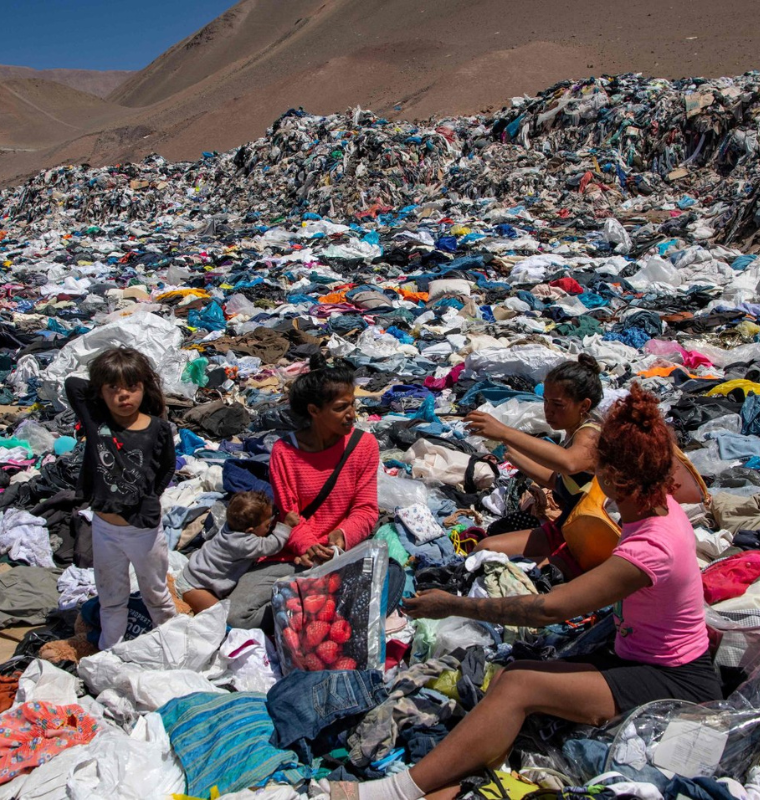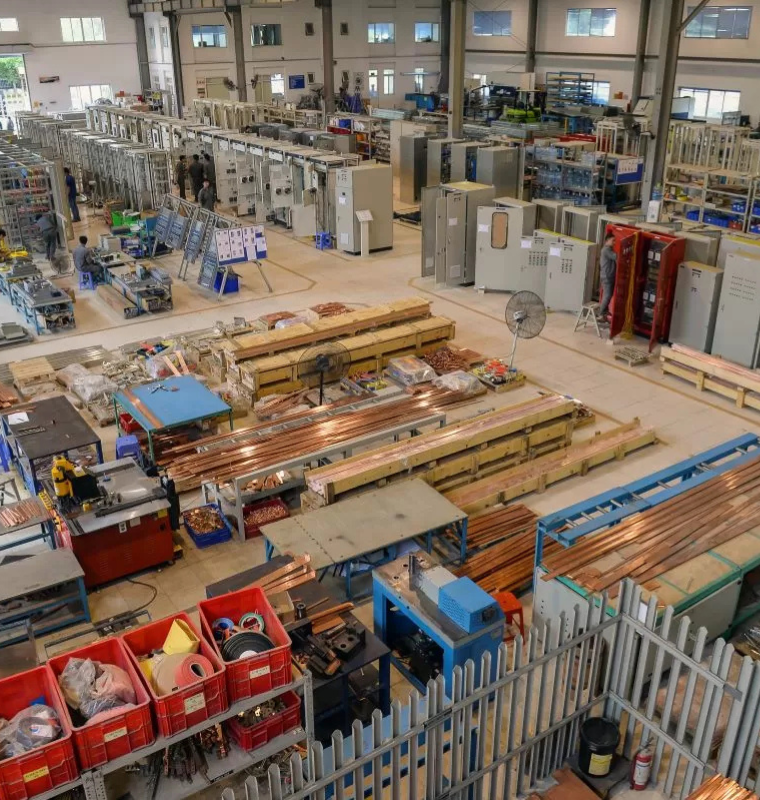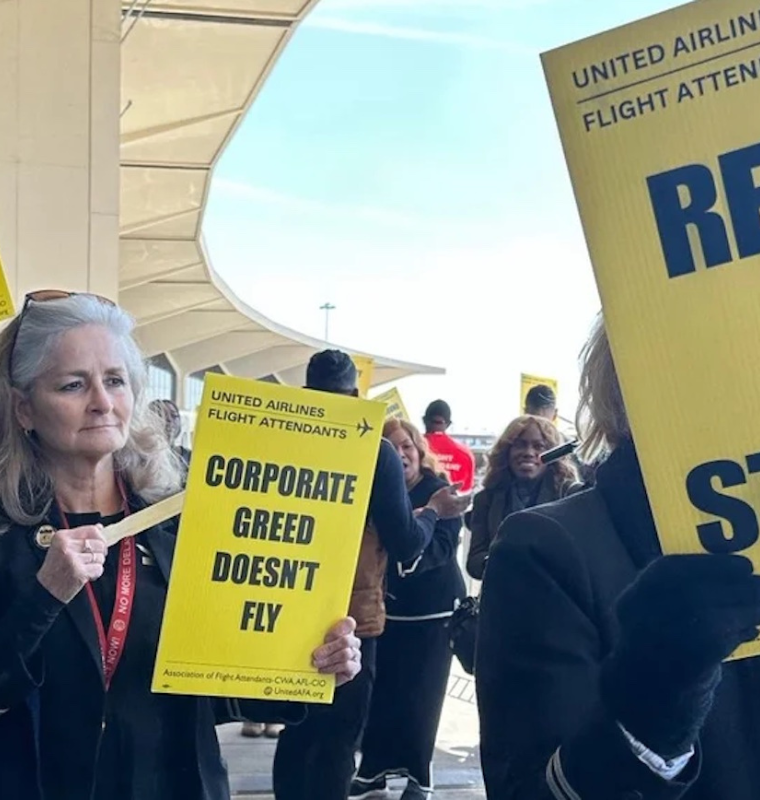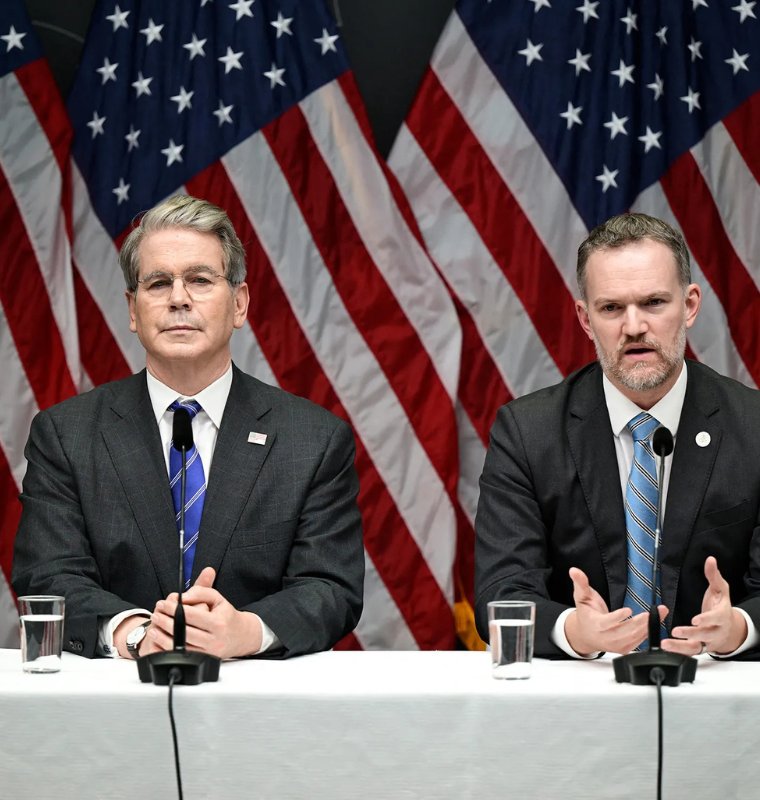Global Economies Sound Alarm on Growth Slowdown Amid Rising Trade Tensions
Global Economies Sound Alarm on Growth Slowdown Amid Rising Trade Tensions
By
Rachel Steinberg
Last updated:
May 15, 2025
First Published:
May 15, 2025

Source: LinkedIn
A coalition of 21 major economies, including the United States and China, has issued a stark warning about the global economic outlook, predicting a substantial growth slowdown driven by ongoing trade tensions. The Asia Pacific Economic Cooperation (APEC) forecasts that growth will dip to 2.6% in 2025, a sharp decline from 3.6% in the previous year.
This warning comes as trade disputes, retaliatory measures, and policy uncertainties continue to erode business confidence and disrupt investment plans. The announcement was made during the latest APEC meeting in South Korea, where leaders and experts emphasized the urgent need for stability and predictability in international trade policies.
The Growth Forecast: A Grim Projection
According to Carlos Kuriyama, Director of the APEC Policy Support Unit, the global trade environment is facing severe challenges, marked by:
- Tariff hikes and retaliatory measures
- Suspension of trade facilitation procedures
- Increase in non-tariff barriers
“We are witnessing an environment that is not conducive to trade,” Kuriyama stated. This growing instability has not only shaken investor confidence but has also led businesses to delay key decisions, including new product launches and expansions.
Key Factors Behind the Slowdown
The global trade slowdown can be attributed to several critical factors:
- Aggressive Trade Policies:
- U.S. President Donald Trump’s imposition of massive "reciprocal" tariffs has triggered countermeasures from several countries. Although some of these tariffs have been suspended, the residual uncertainty continues to impact investment decisions.
- Business Hesitation:
- Many companies are postponing investment plans and new ventures, waiting for a more predictable trade environment. As Kuriyama noted, restoring business confidence requires not only resolving trade disputes but also reinforcing supply chain resilience and enhancing the transparency of trade rules.
Voices from the Global Trade Community
Former and current trade officials at the APEC meeting echoed similar concerns, emphasizing the importance of stable trade policies.
Ng, a former trade minister who dealt with the U.S. steel and aluminum tariffs, stressed the need for governments to foster a predictable environment. “Businesses need to count on stable rules to plan effectively,” he stated.
Meanwhile, Malaysian Trade and Investment Minister Tengku Zafrul Aziz welcomed the recent de-escalation of U.S.-China trade tensions, emphasizing the importance of dialogue and multilateral cooperation. "ASEAN countries strongly support a rules-based multilateral trading system," he told CNBC.
World Trade Organization Director-General Ngozi Okonjo-Iweala also addressed the gathering, cautioning that if the world economy fractures into two opposing trading blocs, it could lead to a 7% reduction in global GDP over the long term. She stressed the need for open dialogue to resolve current disputes and prevent a deeper economic divide.
The Economic Impact: What Lies Ahead
As global economies brace for the potential slowdown, experts urge nations to address trade disputes proactively.
- Restoring Confidence: Kuriyama highlighted that governments must prioritize transparency and rule-based frameworks to help businesses regain confidence.
- Global Cooperation: Dialogue between major economies, particularly the U.S. and China, is essential to prevent prolonged economic fragmentation.
If left unresolved, the current tensions could have a ripple effect, not just slowing growth but also disrupting global supply chains, increasing production costs, and ultimately affecting consumers.
Moving Forward: A Call for Strategic Action
The consensus at the APEC meeting was clear: Governments must take responsibility for stabilizing the trade environment. Predictability and open communication are vital to mitigate the adverse effects of tariffs and retaliatory measures.
By fostering dialogue and cooperation, policymakers can work towards a more resilient and interconnected global economy. As Kuriyama aptly put it, “It’s time to rebuild trust and establish a trade framework that supports sustainable growth.”
Popular articles
Subscribe to unlock premium content
Fashion Waste and Sustainability in Fast Fashion Are Forcing a Global Industry Reboot

The Rise and Fall of Argentina’s Economy Reflects a Cycle of Promise and Crisis

Vietnam’s Manufacturing Boom Is No Accident and It’s Just Getting Started

Fashion Waste and Sustainability in Fast Fashion Are Forcing a Global Industry Reboot

The Rise and Fall of Argentina’s Economy Reflects a Cycle of Promise and Crisis

Fashion Waste and Sustainability in Fast Fashion Are Forcing a Global Industry Reboot









